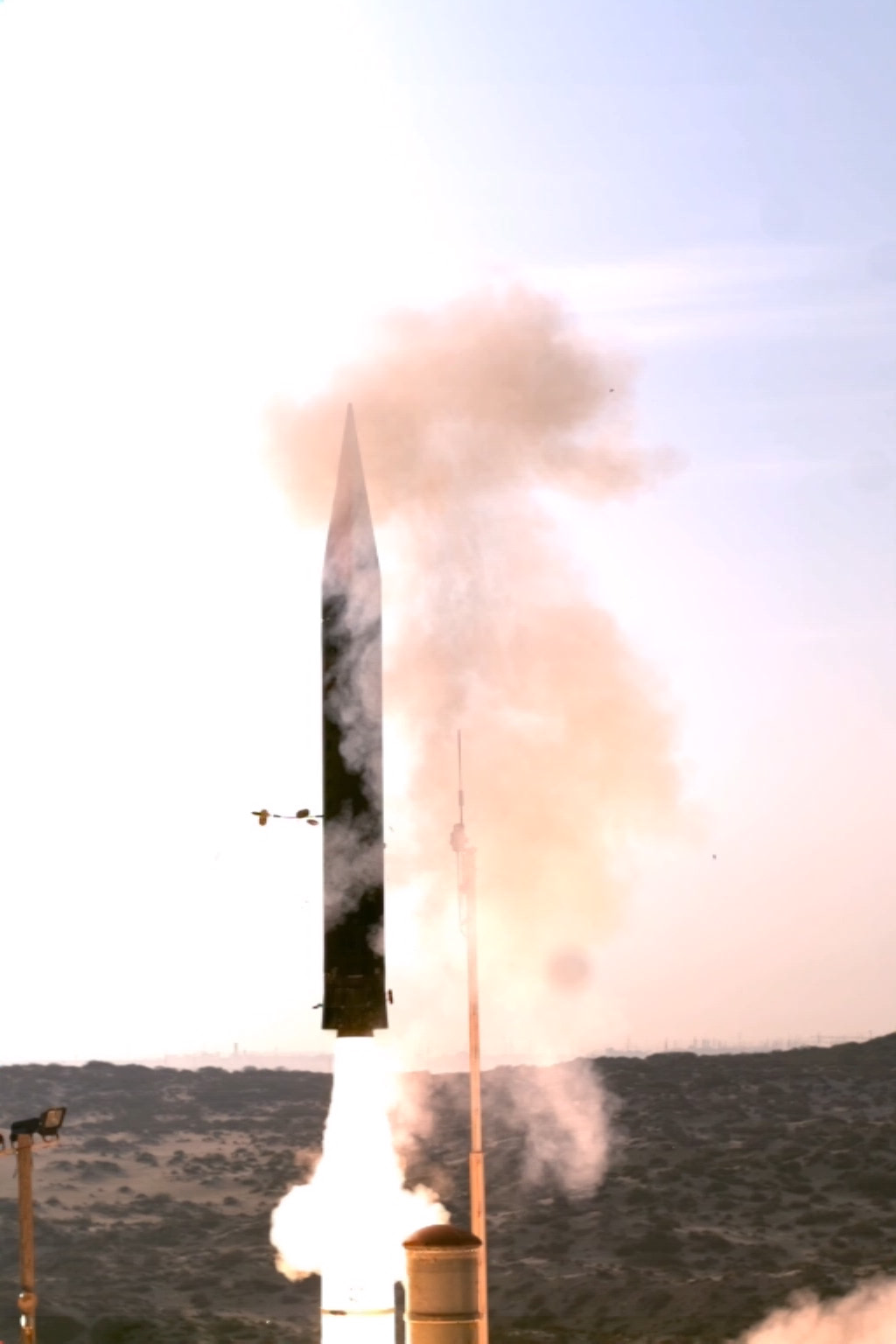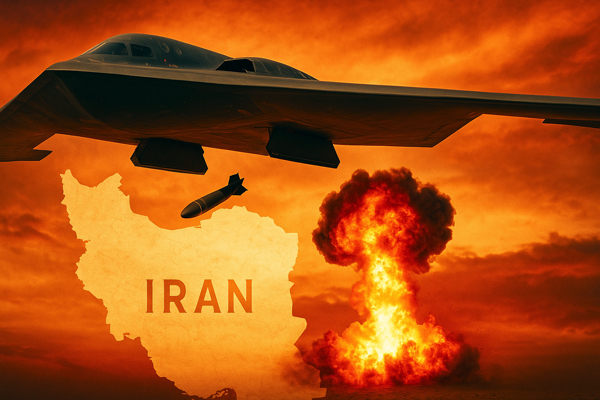 Parler
Parler Gab
Gab
- Israel’s air defenses are nearing collapse, with interceptor missiles expected to run out in 10-12 days without urgent U.S. resupply.
- The cost of defending against Iranian attacks has reached $285 million per night, straining Israel’s Arrow and David’s Sling systems.
- President Trump is considering joining Israel’s bombing campaign, risking catastrophic escalation despite Iran’s warnings of "irreparable" consequences.
- Iran’s missile stockpile is diminished but remains a major threat, with half of its 2,000 long-range missiles still intact.
- Neither Israel nor Iran can sustain prolonged conflict, raising the possibility of a ceasefire or forced U.S. intervention.
Israel’s air defenses overwhelmed
Iran has launched multiple waves of drones and missiles at Israel since Friday, retaliating against what the Jewish state framed as a preemptive strike to halt Tehran’s nuclear ambitions. While U.S. forces have assisted in intercepting incoming projectiles, the sheer volume of attacks has strained Israel’s defenses to near-collapse. The Washington Post reports that without immediate U.S. resupplies or expanded military support, Israel’s air defense systems could be depleted within days. "The system is already overwhelmed," an anonymous source told the Post. "They will need to select what they want to intercept." Israel’s multilayered air defense relies heavily on the Arrow system to counter Iran’s ballistic missiles, while the famed Iron Dome, despite being effective against Hamas rockets, is nearly useless against Tehran’s high-speed projectiles. Tal Inbar, an Israeli missile expert, likened using Iron Dome against Iranian missiles to "shooting a 9-millimeter pistol" at hypersonic threats.The staggering cost of defense
The financial toll of Israel's air defense is staggering, with The Marker, an Israeli financial newspaper, estimating costs as high as $285 million per night. Each Arrow interceptor costs approximately $3 million—a price tag that adds up quickly when facing hundreds of incoming missiles. Dan Caldwell, a former senior Pentagon adviser, warned that Israel likely depleted many of its interceptors earlier this year while countering attacks from Iran and the Houthis. "It is therefore likely that Israel and the U.S. are going to have to start rationing their interceptors soon (if they haven’t already)," he wrote on X. Meanwhile, Iran’s missile stockpile may be diminished, but it remains formidable. Israeli intelligence estimates that Tehran started with around 2,000 missiles capable of reaching Israel, with roughly half still intact. While the intensity of Iranian barrages has waned—dropping from 150 missiles on Friday to just 10 by Tuesday—the threat persists.Will the U.S. escalate or step back?
President Trump has repeatedly demanded Iran’s "unconditional surrender," even suggesting that eliminating Supreme Leader Ali Khamenei would be "easy." Multiple reports indicate he is considering joining Israel’s bombing campaign in a move that could trigger catastrophic escalation. Iran has vowed it will "not capitulate to anyone in the face of coercion" and warned the U.S. of "irreparable" consequences if it intervenes directly. The Islamic Republic’s resolve, combined with Israel’s dwindling defenses, raises the specter of a prolonged conflict neither side can afford.A war neither side can sustain
The reality is that neither Israel nor Iran can sustain this level of military expenditure indefinitely. Israel’s interceptor shortage may force difficult choices, prioritizing defense of military installations over civilian areas, while Iran’s dwindling missile stocks limit its ability to maintain pressure. History suggests that when Israel nears the end of its interceptor supply, it seeks a ceasefire. In 2014, Jerusalem agreed to a truce with Hamas just days before running out of defensive munitions. Could the same happen now? If diplomacy continues to fail, the U.S. must decide whether to deepen its involvement and risk a wider war or allow Israel to navigate this crisis without further entanglement. Sources for this article include: RT.com WashingtonPost.com WSJ.comDHS warns of heightened cyber threats from Iran after U.S. strikes on nuclear facilities
By Cassie B. // Share
Trump’s Iran strikes signal shift to regime change amid calls for caution and retaliation
By Willow Tohi // Share
Trump’s “one-off” strike on Iran nuclear sites follows rare advance notification
By Willow Tohi // Share
DHS warns of surge in China-made signal jammers smuggled into the United States
By Laura Harris // Share
Governments continue to obscure COVID-19 vaccine data amid rising concerns over excess deaths
By patricklewis // Share
Tech giant Microsoft backs EXTINCTION with its support of carbon capture programs
By ramontomeydw // Share
Germany to resume arms exports to Israel despite repeated ceasefire violations
By isabelle // Share










